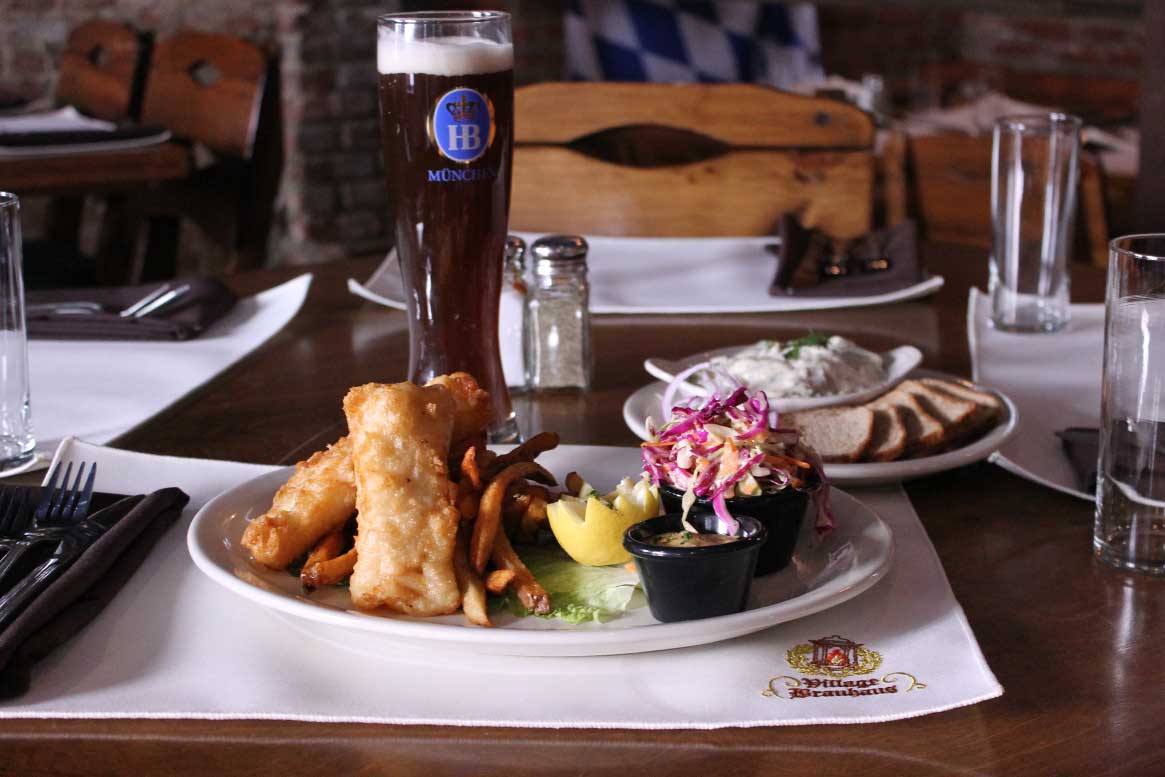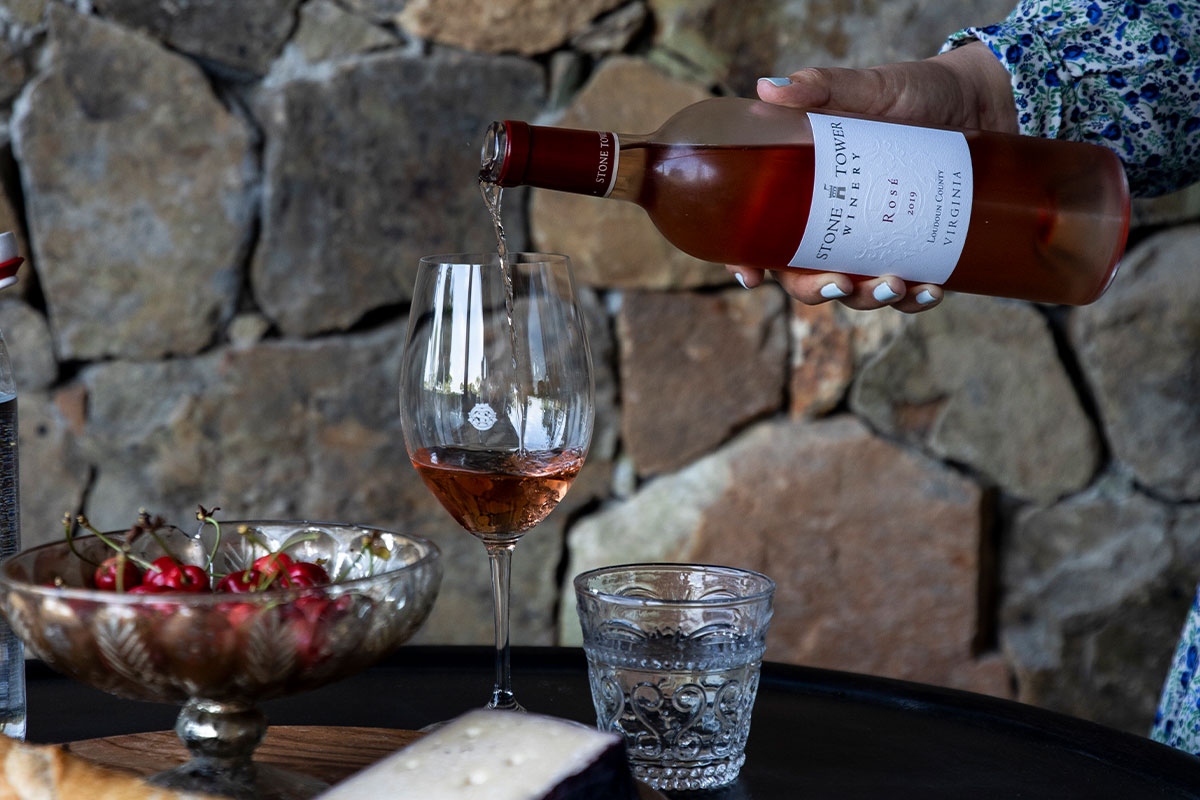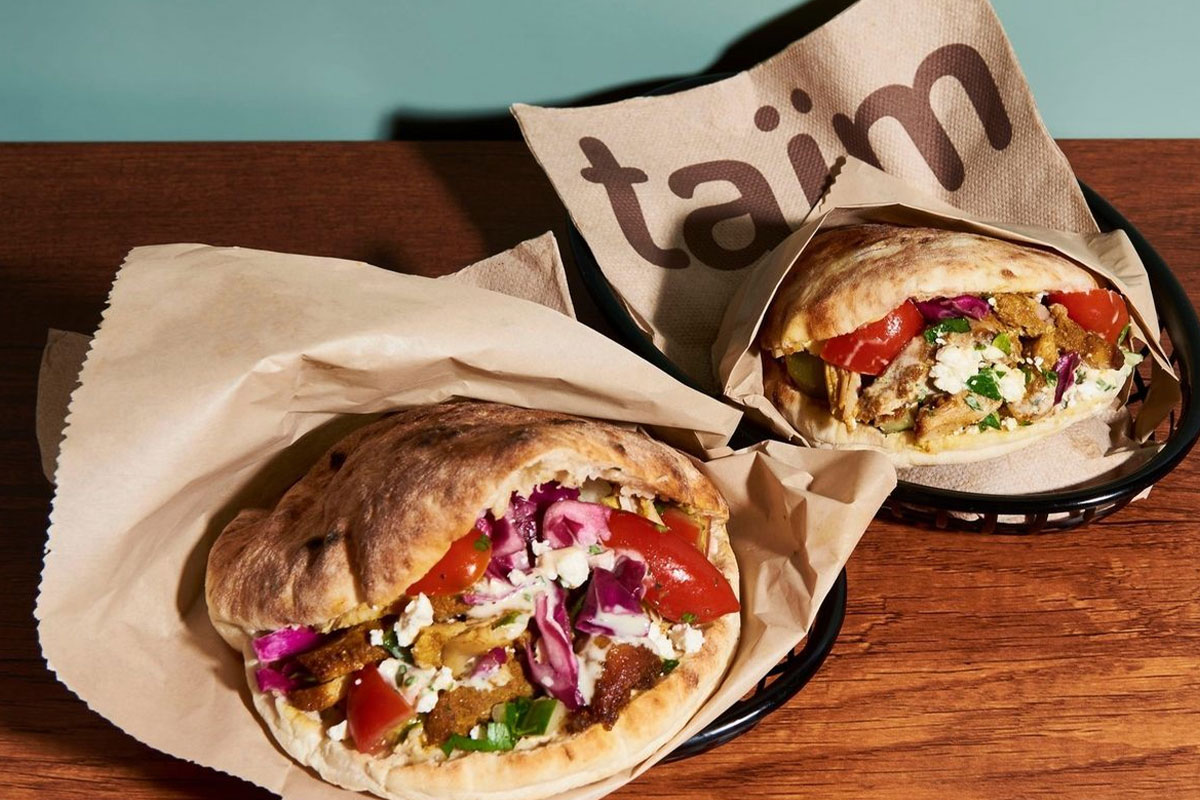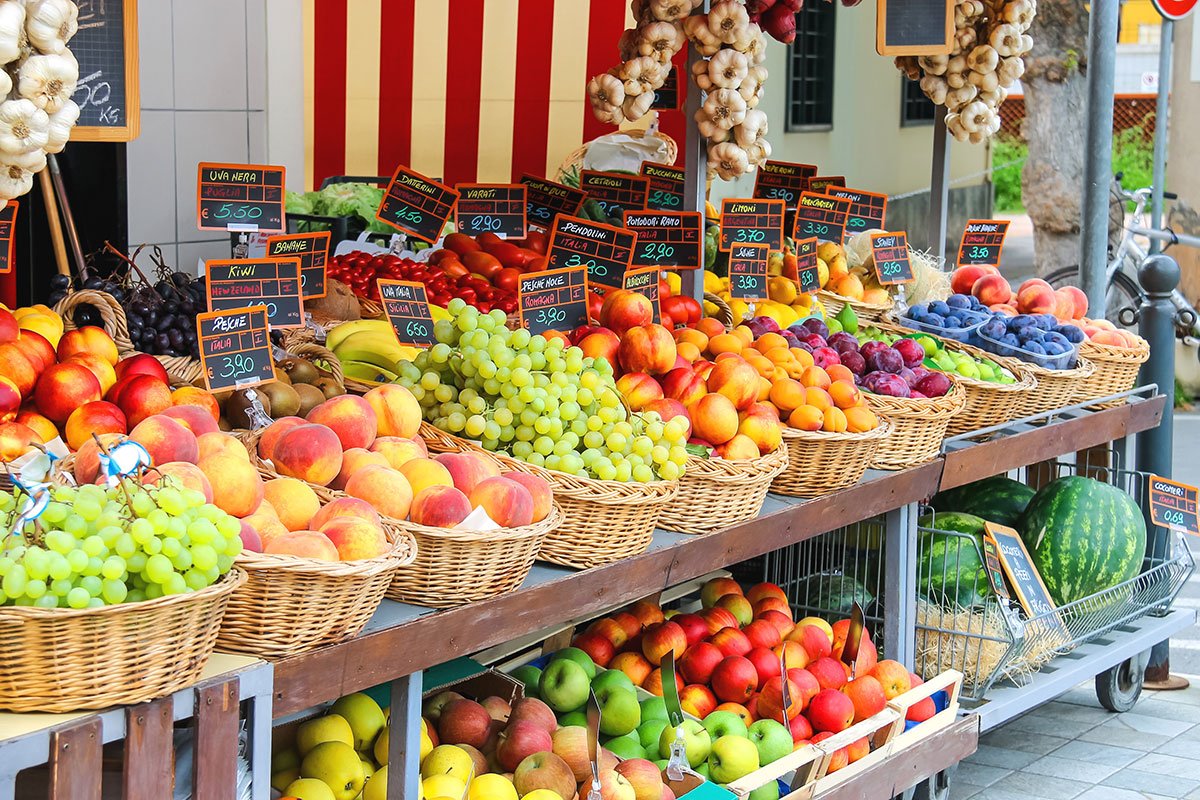
Last March Maura Judkis wrote an obituary for German restaurants. All of them.
In her Washington Post story she cited the deaths of about a dozen restaurants across the country, including Zum Rheingarten in Stafford, where some served food for more than six decades. She quotes one owner: “The regulars—people who had frequented the restaurant in its heyday—’were dying, literally.’” There were very few examples of Germanic cuisine finding a new customer base, though she does acknowledge a bump in beer garden culture.
William Gross knows what he’s up against. As a longtime restaurant consultant, telling would-be owners exactly what to open and how to make the numbers work, Gross understands the risks of the business, especially one serving multiple kinds of wursts.
Gross and his wife, Chelsea Gross, opened Village Brauhaus earlier this month.
“I understand the decline in heavy cuisine, heavy breading,” says Gross, but what he thinks is missing from the article is the real reason these restaurants closed. Gross dove into the online customer reviews and found similar complaints. “It’s the decline in service and food quality,” he says, not necessarily the cuisine itself that’s the problem.
But what Gross does have to do is convince people to keep coming to a German restaurant. “I can’t bank on Oktoberfest bringing people in seven days a week,” says Gross.
Village Brauhaus, located on King Street in Old Town Alexandria, serves mostly typical German and Austrian fare: an imported Bavarian pretzel (and another made by Bread & Water stuffed with Swiss cheese, bratwurst, bacon onion jam and then blanketed with another melted slice of Swiss); a slate of wursts; and entrees of kassler rippchen (smoked pork chop), jagerschnitzel (veal cutlet) and paprikahendl (braised chicken thigh with paprika cream sauce over spatzle).
Specials introduce a more modern approach with German and Austrian flavors guiding local and seasonal produce, like this winter’s charred white corn chowder and a curried coriander acorn soup. Spring will feature John Dory (fish) and game meat such as rabbit and venison from chef James Petrizzo, (with Italian-German ancestry) who moved from California to cook in Virginia.
Gross, an industry vet who trained at the Culinary Institute of America for pastry and worked in celebrated New York kitchens (Eleven Madison Park, Le Cirque, Jacques Torres), opened his first restaurant in 2015, another German restaurant, Jagerhaus, in Queens, New York.
After being charmed by Alexandria while visiting his wife’s parents over the years, and especially the twinkling glow of King Street during Christmastime, the two decided to move here and started looking for spaces.
“As soon as we walked in we knew it had good bones,” says Gross of the now-shuttered John Strongbow’s Tavern. He sold his share in Jagerhaus last year. His wife, also a longtime hospitality professional, runs the beverage program, selecting the 11 German beers on tap, plus a Port City. They are also building a cocktail program with spirits from Germany and Austria.
Gross is second-generation American and “grew up in a rich culture of German and Austrian history,” he says, and much of his family still lives in that part of the world. But his heritage doesn’t rule, making sure the business succeeds does. “I’m not selling a German restaurant, I’m selling an experience.” // Village Brauhaus: 710 King St., Alexandria
This post was originally published in our food newsletter. Subscribe here.




